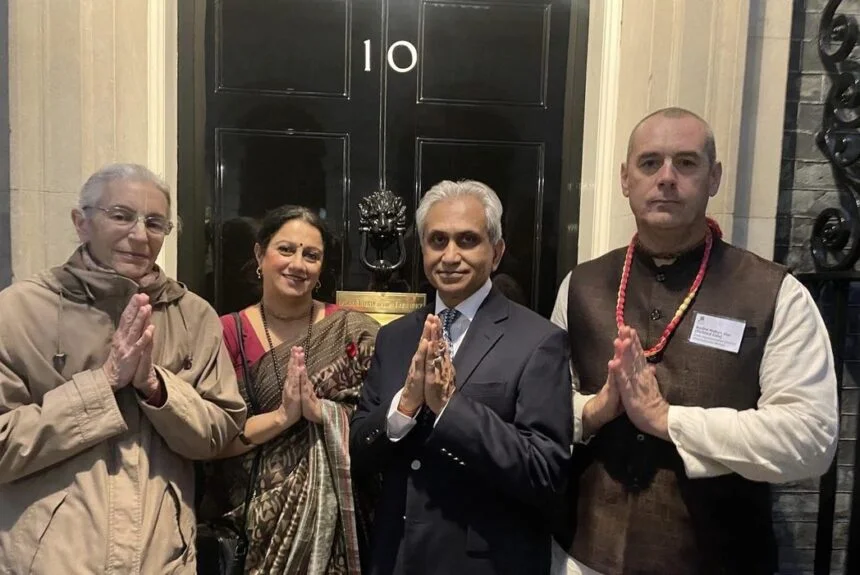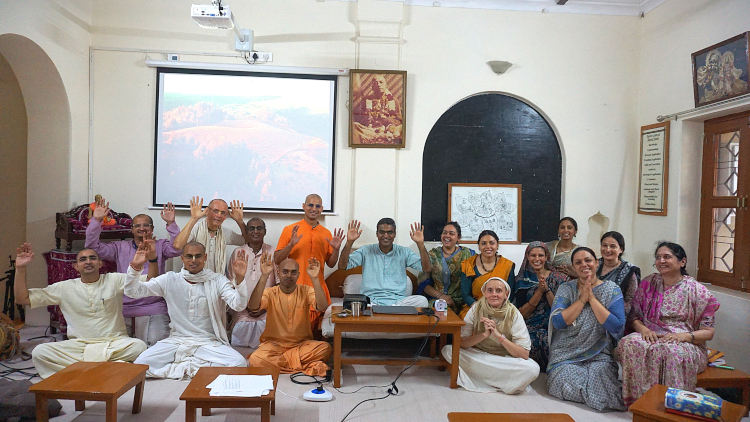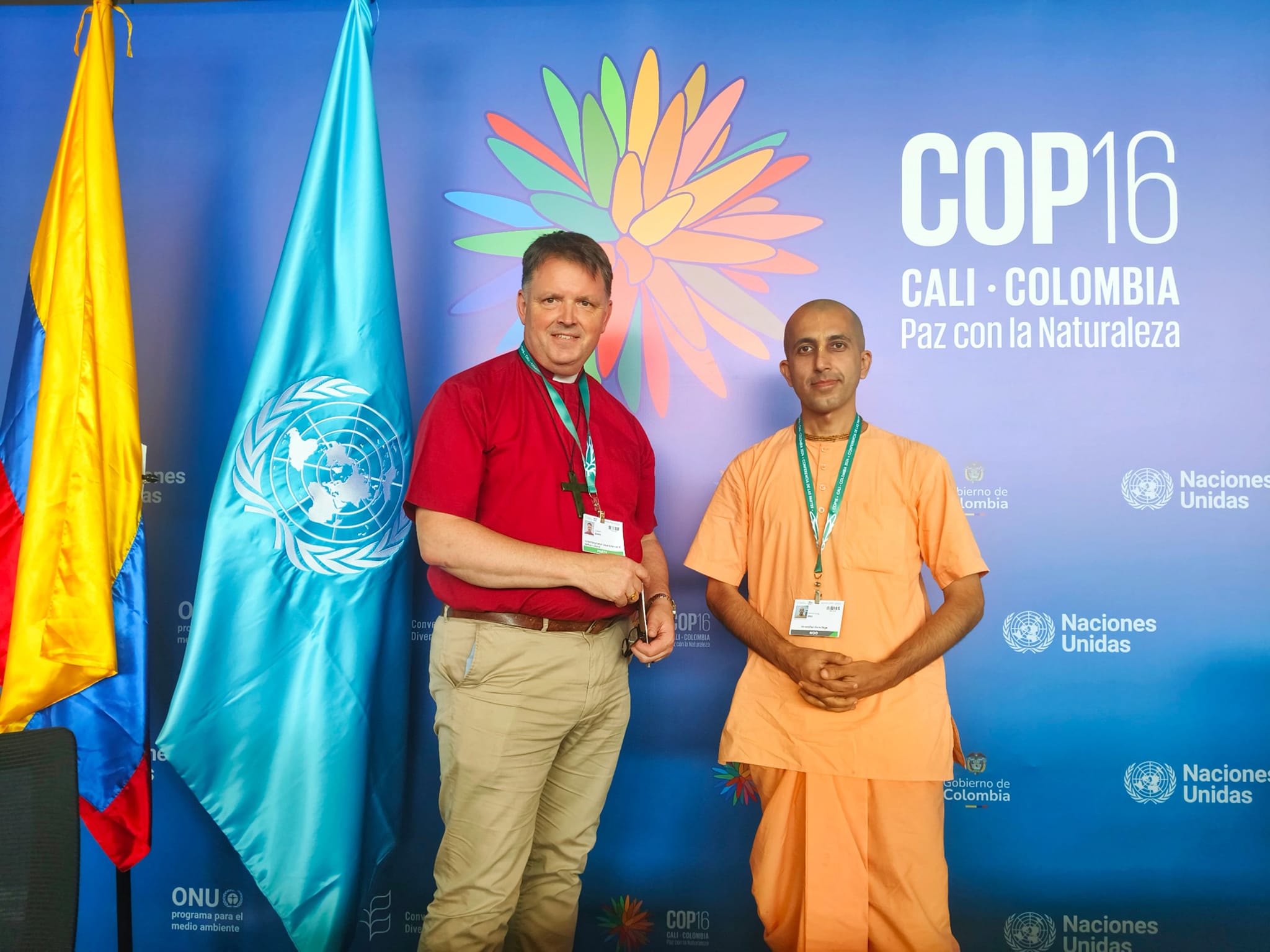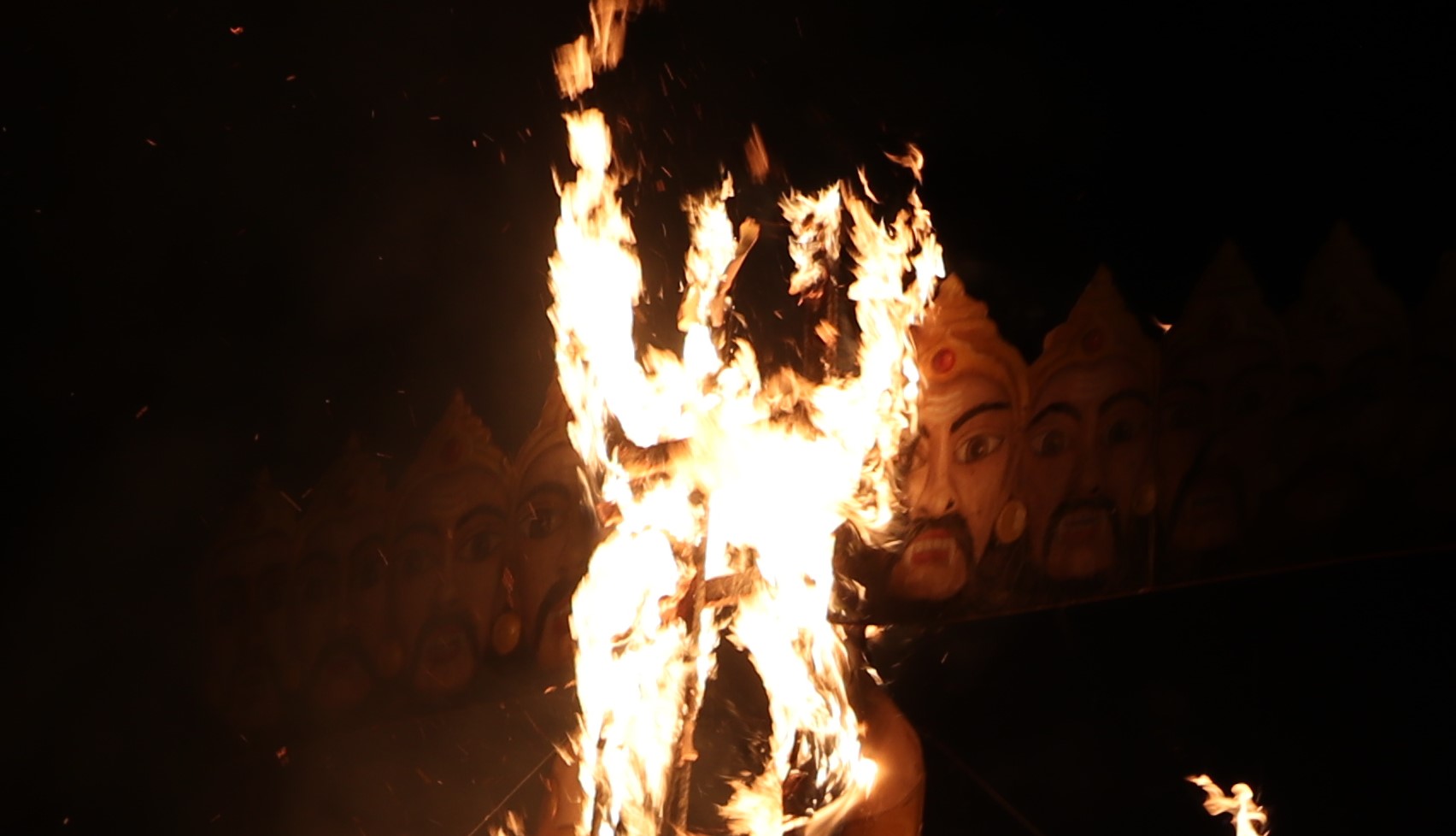As the USA Election Approaches: “Whom to Elect and How to Elect”
By Sankirtana Das (ACBSP) | Oct 31, 2024

A companion article to As the US Election Approaches: “Our Original, Constitutional Position.”
Right now, for the upcoming USA election (or wherever elections take place), devotees have a tremendous opportunity to present Krishna Consciousness and help educate citizens in the qualities of good leadership, along with the four principles of dharma: truthfulness, internal and external cleanliness, compassion, and self-sacrifice. These are essential moral principles of all religious traditions.
On a morning walk (Dec 12, 1973), Srila Prabhupada urged the devotees, “Therefore the public must know whom to elect and how to elect. That should be our propaganda. Because nowadays it is democratic government, teach people how to select the real leader.”
The Bhagavad Gita (3.21) tells us, “Whatever action a great man performs, common men follow. And whatever standards he sets by exemplary acts, all the world pursues.” Undoubtedly, people require various spiritual, political, and cultural leaders and educators who understand the principles of dharma and who can provide a practical example and inspire people to live a principled life.
Today, however, many people on the various sides of the political spectrum are angered by government failures, including a government that doesn’t consider their needs. Citizens are also disturbed by the cheating mentality and moral failures of various leaders.
However, anger and frustration do not provide a platform from which to make a sound decision. The Bhagavad Gita gives an ample description of what will happen. Lord Krishna explains in the second chapter that if one gives way to anger, it will only blind them. This leads to delusion and bewilderment. In this bewilderment, one loses all intelligence. People become frustrated and succumb to degraded activities in the form of intoxication and violence. In this condition, their reasoning capabilities are diminished, and the population becomes susceptible to being exploited and led astray.
Prabhupada warned us that cheaters and low-class men are eager to occupy leadership positions. Still, instead of protecting the citizens, they will “create a situation quite intolerable for everyone.” He writes, “Such rulers illegally gratify themselves at the cost of all comforts of the citizens, and thus the chaste Mother Earth cries to see the pitiable condition of her sons, both men and animals…educating the people systematically in the teaching of Srimad Bhagavatam will clear up the hazy atmosphere of corruption, bribery, blackmail, etc.” (SB 1.17.27 purport).
To make a proper decision, voters must first understand the inherent qualities and behavior of a real leader. A leader has far more responsibilities than the common person, and thus their decisions have far greater consequences. Since a leader sets an example for others to follow, it would be prudent to seek someone who exhibits qualities and behavior better than our own. The qualities of good leadership are explained throughout the Bhagavad Gita: the leader’s mind should not be disturbed; they should not be quick to anger; not be controlled by lust and greed; not be engaged in faultfinding; to be steady in both happiness and distress; to be equal to all; and to be truthful, determined, courageous and generous. For more, the sixteenth chapter of the Gita extensively describes the natures of both divine and demoniac personalities.
The ancient history of Mahabharata goes further and shows how these leadership qualities are displayed by personalities like Yudhisthira, Arjuna, Sibi, and Ranti, among others. These are kings and leaders who have put aside their own interests and comforts to care for and serve the citizens they govern. They are, in turn, loved by them. And the greatest leaders make the biggest sacrifices. The attributes of leadership, both spiritually and materially, are also discussed at length by Narada Muni, Grandfather Bhismadeva, and Lord Krishna Himself. Narada Muni explains the leader is responsible for the happiness, protection, and well-being of all the citizens.
Leadership, in all its negativity, is especially displayed in Mahabharata by Duryodhana, who is greedy, envious, and arrogant. He sees himself as superior and that all the citizens are subordinate to him. On the other hand, Yudhisthira sees the citizens as superior and himself as a servant-leader. Proper understanding, as well as proper training in leadership, is sorely lacking in our modern educational system. How is a leader trained or recognized by the people in general?
For this reason, the Mahabharata offers valuable guidance. Therein, we are given not only instructions on leadership but examples of how a leader should and should not behave. For instance, when Arjuna is confronted by a group of citizens after someone’s cow has been stolen, they admonish him. If Arjuna doesn’t retrieve the cow, then he must replace it. This is the gravity and responsibility of leadership.
The schisms that have arisen in America and countries around the world will only further divide and alienate people if genuine leadership is not provided. A leader will not divide one part of the citizenry against another or use a group of people as scapegoats. The government does and can work for all if run intelligently and guided by intelligent cabinet members and advisers who come to the table with diverse perspectives. This is precisely how the Vedic kings operated. In these times of turmoil, intelligent people everywhere would do well to study the Bhagavad Gita along with the Mahabharata and Srimad Bhagavatam. The knowledge and insights these literatures offer can help us define the principles that are important in our lives. Then, we will be able to select candidates who best embody those principles.
Personally, I am looking for those leaders who respect the Constitution and its separation of church and state, along with religious freedom for all. When some pastors and politicians talk about “the evils” or “the enemy” within the USA, I have to wonder if they’re including the Hare Krishnas. Moderate pastors, on the other hand, see a threat in the rise of Christian Nationalism, which falsely claims that the USA was founded on biblical principles, established by Christians, and is specifically a Christian nation. Some states are already making laws to have the Bible taught in schools. One pastor, in a panel discussion sponsored by Christian Nationalists, complained that people were walking around his neighborhood in Hindu garb and mournfully inquired, “What am I going to tell my kids?” For me, the election is not about any political agenda, right or left. The issue I’m concerned about is to safeguard the Constitution and religious freedom. It seems that some citizens have become so fearful and so desperate, they are willing to abandon the US Constitution and even commit violence to have their way. The Founding Fathers had a greater hope for America than this.
The crude, materialistic culture America has become will never truly satisfy anyone. It’s moving in the wrong direction. Cheating politicians and religionists cannot really inspire anyone. These so-called leaders provide followers with some flimsy dogma while enriching themselves with wealth and power. They offer no real solutions and provide only a superficial meaning to life. Ultimately, they will only disappoint the voters.
The goal of good politics, good education, and good religion is to reawaken our loving relationship with the Supreme Lord, Sri Krishna. In the Bhagavad Gita, Krishna demonstrates that He is the supreme goal, the master, the witness, the refuge, and our dear most friend. He resides within our hearts and accompanies us through this world of trials and tribulations. In the Gita, Krishna gives us profound knowledge. He asks us to study it carefully. And finally, He gives us the liberty to choose – “to do what [we] wish to do” (BG 18.63).
Opinions expressed do not necessarily reflect the opinions and beliefs of ISKCON or ISKCON News.
About the Author
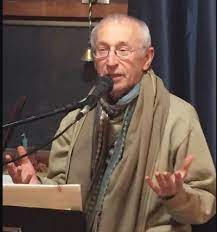
Sankirtana Das (aka Andy Fraenkel), a disciple of Srila Prabhupada, is a longtime resident of the New Vrindaban Community and an award-winning author and storyteller. His most recent book, Hanuman’s Quest, is acclaimed by scholars and has received a Storytelling World Resource Honors. He also sits on the board of directors for the Vedic Friends Association. At New Vrindaban, Sankirtana offers sacred storytelling and scheduled in-depth tours. For more info about his work, visit Mahabharata-project.com.






